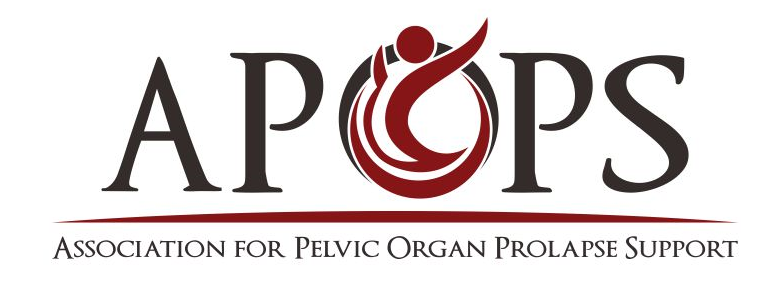Last week I returned to home base following Astellas/AUA/Urology Care Foundation sponsored advocacy coalition roundtable in Baltimore. Advocacy coming together to generate positive change in policy is a good thing, especially when healthcare, industry, research, and academia participate in the process. Healthcare policy evolves slowly when one sector alone bangs the drum; it advances more effectively when voices from all sectors come together in a way that acknowledges patient voice is the cornerstone. If you want to know what the true impact of any condition is, ask the patient.
I am always humbled by by voices of movers and shakers determined to generate forward momentum in their individual advocacy sectors. It is imperative we never lose sight of the pivot point-patient healthcare needs. While those of us in advocacy are often frustrated by the snail pace of healthcare policy shift, we recognize that change does not occur overnight, and we must continually bang the drum. There is zero doubt the wheels of change turn even more slowly for conditions shrouded by the stigma of embarrassing symptoms, such as pelvic organ prolapse. Individually we move the needle forward; collectively we generate change much more efficiently and effectively.
Health conditions represented at this meeting were pelvic organ prolapse, incontinence, MS, aging, bladder exstrophy, caregivers, intersticial cystitis, women's health, men's health, women's health research, spina bifida, spinal conditions, and included organizations housing clinicians and industry. As we bridge our voices to address the massive impact bladder health conditions have to quality of life, our message to the world is significant-bladder health is an intersect that continues to be stuffed in the closet. Change is coming.
November Bladder Health Month Senate Joint Resolution 604 Press Release
http://bit.ly/2dw0uyO.




